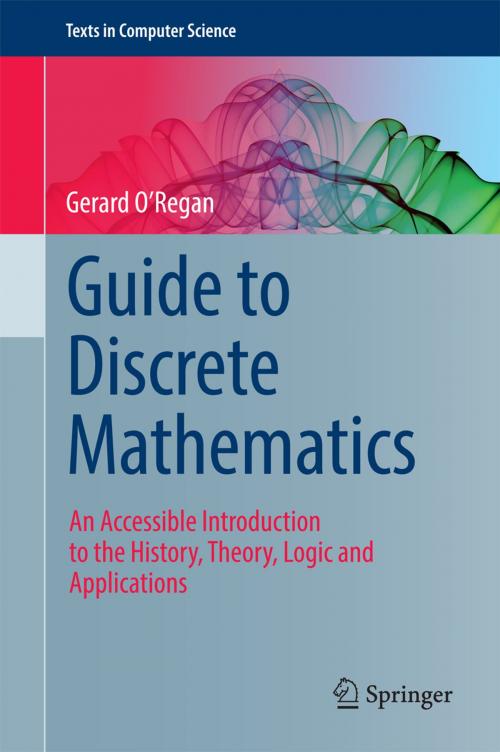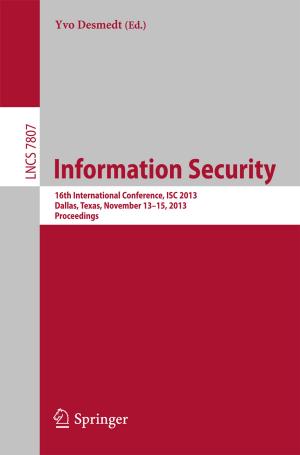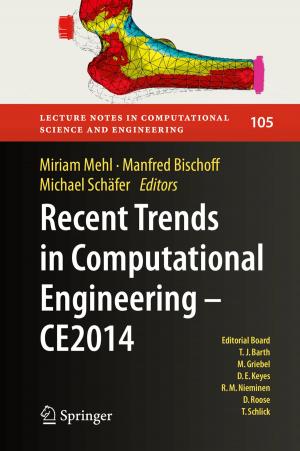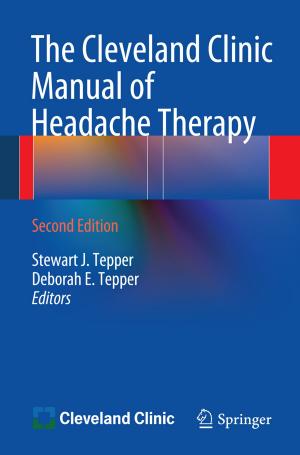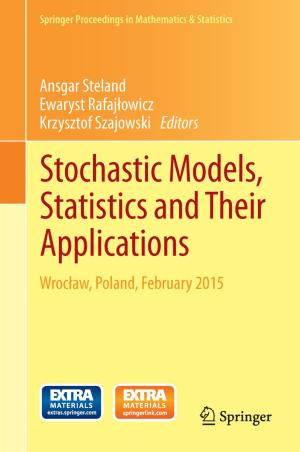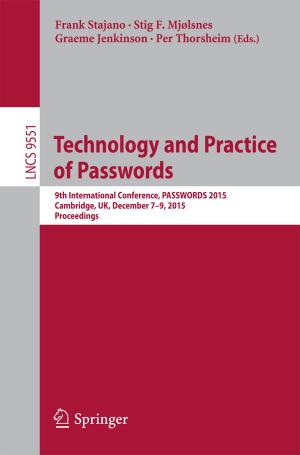Guide to Discrete Mathematics
An Accessible Introduction to the History, Theory, Logic and Applications
Nonfiction, Computers, Advanced Computing, Programming, Logic Design, Database Management, Data Processing, Science & Nature, Mathematics| Author: | Gerard O'Regan | ISBN: | 9783319445618 |
| Publisher: | Springer International Publishing | Publication: | September 16, 2016 |
| Imprint: | Springer | Language: | English |
| Author: | Gerard O'Regan |
| ISBN: | 9783319445618 |
| Publisher: | Springer International Publishing |
| Publication: | September 16, 2016 |
| Imprint: | Springer |
| Language: | English |
This stimulating textbook presents a broad and accessible guide to the fundamentals of discrete mathematics, highlighting how the techniques may be applied to various exciting areas in computing. The text is designed to motivate and inspire the reader, encouraging further study in this important skill.
Features: provides an introduction to the building blocks of discrete mathematics, including sets, relations and functions; describes the basics of number theory, the techniques of induction and recursion, and the applications of mathematical sequences, series, permutations, and combinations; presents the essentials of algebra; explains the fundamentals of automata theory, matrices, graph theory, cryptography, coding theory, language theory, and the concepts of computability and decidability; reviews the history of logic, discussing propositional and predicate logic, as well as advanced topics; examines the field of software engineering, describing formal methods; investigates probability and statistics.
This stimulating textbook presents a broad and accessible guide to the fundamentals of discrete mathematics, highlighting how the techniques may be applied to various exciting areas in computing. The text is designed to motivate and inspire the reader, encouraging further study in this important skill.
Features: provides an introduction to the building blocks of discrete mathematics, including sets, relations and functions; describes the basics of number theory, the techniques of induction and recursion, and the applications of mathematical sequences, series, permutations, and combinations; presents the essentials of algebra; explains the fundamentals of automata theory, matrices, graph theory, cryptography, coding theory, language theory, and the concepts of computability and decidability; reviews the history of logic, discussing propositional and predicate logic, as well as advanced topics; examines the field of software engineering, describing formal methods; investigates probability and statistics.
